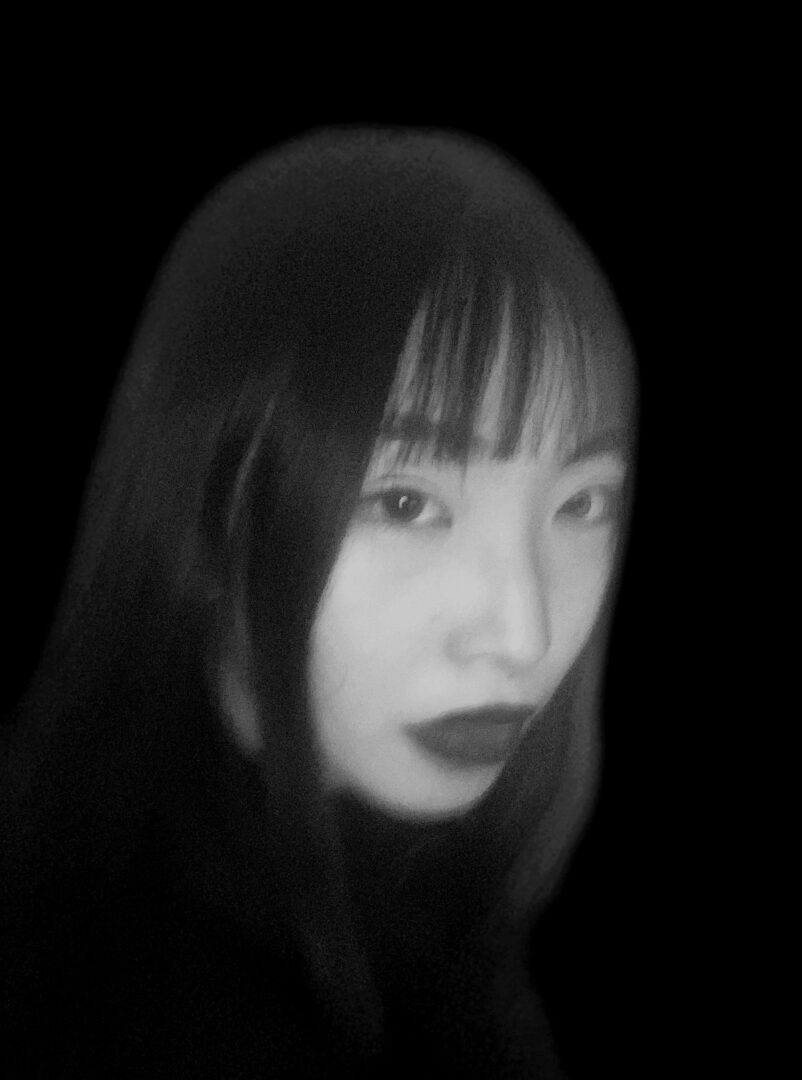We recently connected with Yufei Fu and have shared our conversation below.
Yufei, we’re thrilled to have you on our platform and we think there is so much folks can learn from you and your story. Something that matters deeply to us is living a life and leading a career filled with purpose and so let’s start by chatting about how you found your purpose.
I didn’t find my purpose all at once—it revealed itself gradually, through stories I felt drawn to, challenges I had to survive, and moments where I realized I was still choosing this path, even when it was hard.
For a long time, I thought filmmaking was just what I was good at, or what I studied. But it wasn’t until I was editing my thesis film—while also going through one of the most painful personal experiences of my life—that I truly understood why I make films. In the middle of a family lawsuit, living in emotional and physical instability, I found myself clinging to the story I was telling on screen. It was about survival, identity, power—and suddenly, it wasn’t just a narrative. It was me.
That experience taught me that storytelling is how I process the world, how I find clarity in chaos, and how I reconnect with my own voice when everything else feels out of control. My purpose isn’t just to make beautiful or well-crafted films—it’s to listen to stories that have been ignored, and to help others see themselves in them.
I named my company Phoebe after Saturn’s mysterious moon that orbits in the opposite direction—because that’s how I often feel: orbiting differently, in my own way. My purpose is to protect that orbit, to stay honest to it, and to create work that speaks to those who feel like they’re moving against the current too.
So I didn’t find my purpose in a single moment—but I find it again and again, every time I choose to keep telling stories that matter.
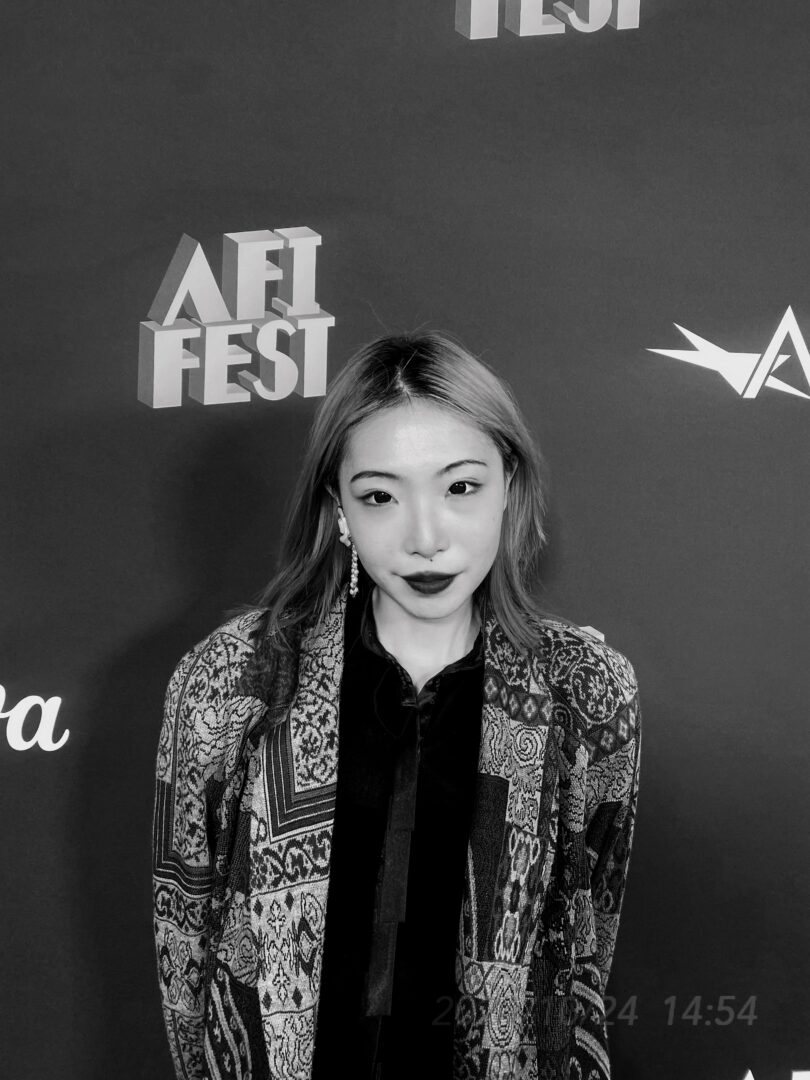
Great, so let’s take a few minutes and cover your story. What should folks know about you and what you do?
I’m Phoebe Fu—a director, editor, and founder of Phoebe Film Company, a small but passionate production and post-production house dedicated to telling bold, emotionally resonant stories. What I do lives at the intersection of craft and intuition. Whether I’m editing a period drama on 35mm or helping build a visual language for a TV short, I’m always chasing that moment when an image or cut feels true—when it pulses with emotional clarity.
What excites me most about filmmaking is its power to uncover the unseen. I’m drawn to stories about people on the margins—those who are often silenced, forgotten, or misrepresented. As someone who has navigated cultural shifts, personal upheaval, and creative reinvention, I find purpose in amplifying voices that challenge dominant narratives. That’s really what Phoebe Film Company stands for: not just telling stories, but listening to them first.
Right now, we’re focused on low-to-mid-budget projects and are particularly active in post-production, where I believe so much of a film’s voice is truly found. We’re also helping tech companies and new media ventures experiment with TV-series shorts, providing story development and team-building support.
On the creative front, I’m currently developing a personal narrative that I plan to tell both as a short film and a limited series. It’s based on a very difficult chapter of my life—navigating a family crisis while trying to finish my thesis film—which transformed me both personally and professionally. That story, and the resilience it took to survive it, is something I want to share with others who might feel alone in their struggles.
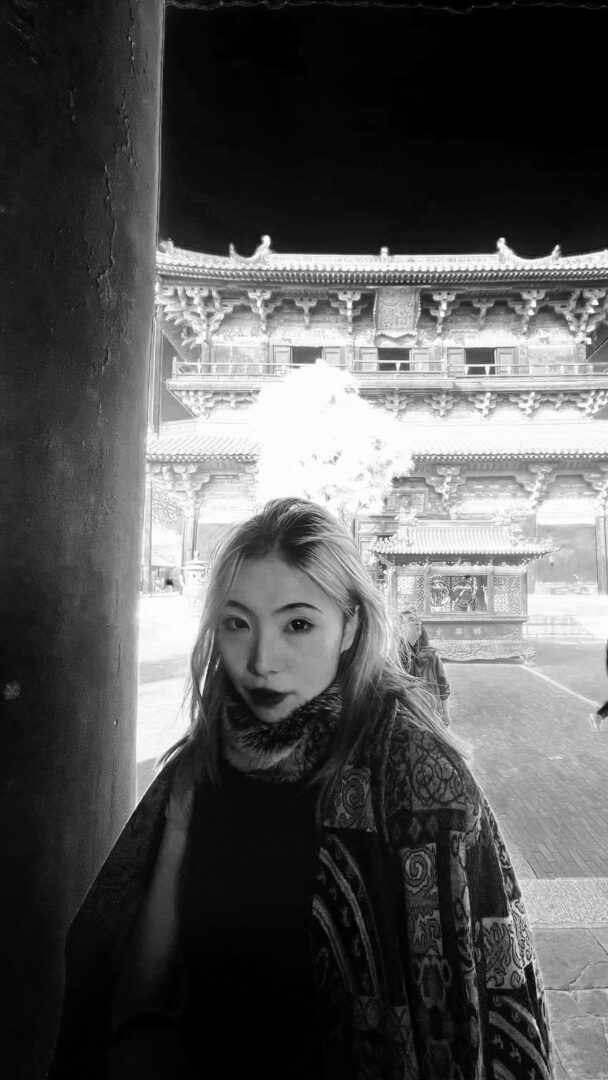
There is so much advice out there about all the different skills and qualities folks need to develop in order to succeed in today’s highly competitive environment and often it can feel overwhelming. So, if we had to break it down to just the three that matter most, which three skills or qualities would you focus on?
Looking back, I’d say the three most impactful things in my journey so far have been: emotional resilience, editing as a storytelling philosophy, and collaborative intuition.
1. Emotional Resilience – Filmmaking isn’t just a technical craft—it’s an emotional marathon. You’ll face rejection, burnout, financial pressure, and self-doubt. What helped me survive—and grow—was learning how to stay grounded when everything around me felt unstable. That includes going through a family lawsuit during post-production on my thesis film. It taught me how to separate crisis from identity, and how to keep working even when things feel personal. My advice to emerging artists: develop your inner toolkit. Whether it’s therapy, meditation, close friendships, or long walks—find what steadies you.
2. Editing as a Philosophy – Editing was originally just my track at AFI, but I quickly realized it’s the heart of how I see storytelling. It taught me how to think structurally, emotionally, and rhythmically. Editing isn’t just a technical process—it’s about asking: What is the story really trying to say? and How do I serve that truth? For beginners, I’d say: study editing, even if you’re not planning to be an editor. It will radically change the way you write, shoot, and think.
3. Collaborative Intuition – As a director, producer, and editor, one of the most powerful things I’ve learned is how to feel out the right collaborators. When resources are limited, trust becomes your biggest currency. You need to know who sees your vision and who can challenge you in the best way. That means learning to read energy, communication styles, and shared values. For those starting out: don’t just network—build real relationships. Listen. Watch how people treat others on set. The “right team” doesn’t just make good work—they make the work worth doing.
Ultimately, no one’s path looks the same. But if you stay honest, open, and willing to grow, your path will lead you somewhere that feels right for you.
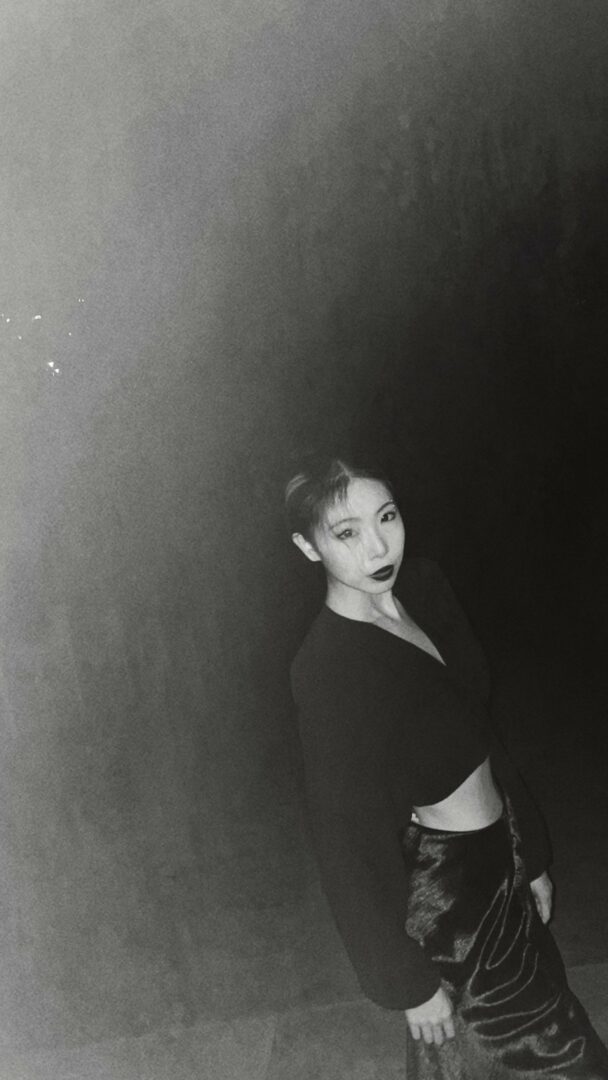
All the wisdom you’ve shared today is sincerely appreciated. Before we go, can you tell us about the main challenge you are currently facing?
The biggest challenge I’ve faced so far happened during one of the most critical moments in my creative journey—while I was working on my thesis film, The Witch Pricker and the Hare, at AFI. At the same time that I was leading post-production on our most ambitious project, I was also dealing with an intense family lawsuit that completely disrupted my life. It wasn’t just emotionally overwhelming—it shook the foundation of my personal and financial security. I was suddenly thrown into adult responsibilities I had never imagined, having to protect myself and my family legally while still trying to stay present for my team and the film.
That period forced me to grow up fast. I couldn’t afford to shut down, even though everything in me wanted to. I need to show up for the team, make decisions under pressure, and edit the entire film—including temp VFX and sound—within a tight deadline to make our AFI Festival premiere.
What helped me overcome it was strangely… the crisis itself. When I hit rock bottom—literally having my belongings thrown out on the street after a fight with a family member—I felt a strange kind of freedom. In that moment, I realized I didn’t need anything material to define me. What I still had was my craft, my vision, and my will to keep going. That clarity re-ignited my love for filmmaking and reminded me why I do what I do.
Looking back, the experience was painful—but it gave me resilience, independence, and a new sense of self-worth as both a person and an artist. I know now that I can survive chaos and still create something beautiful. And that belief carries me through every challenge that comes after.
Contact Info:
- Website: https://www.imdb.com/name/nm16611256/?ref_=ttfc_fcr_cr
- Instagram: yufei.fu
- Youtube: @phoebefu5911
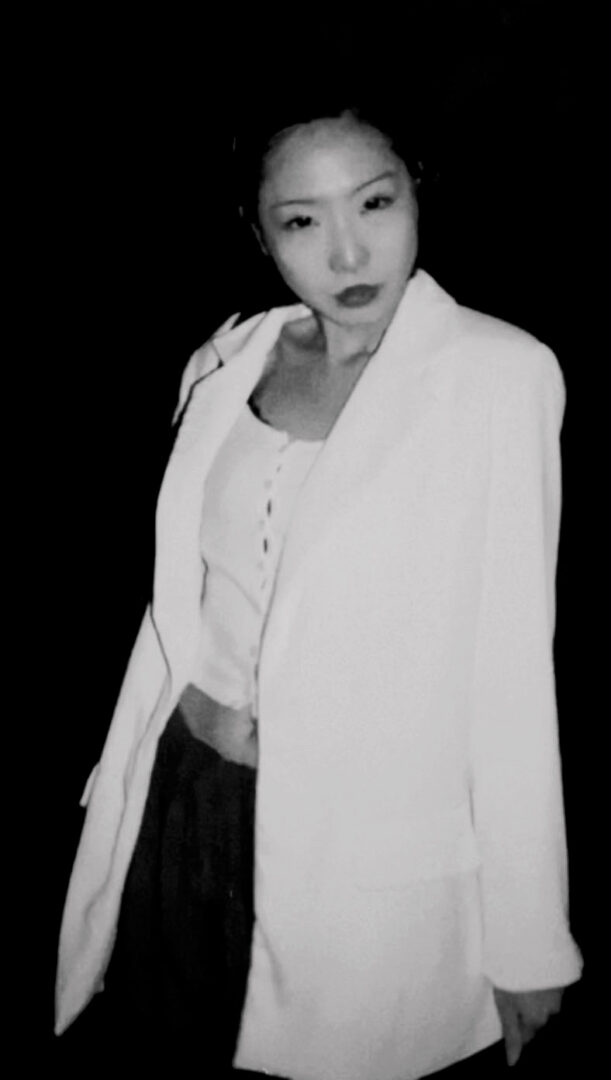
Image Credits
Mr. Lee
so if you or someone you know deserves recognition please let us know here.

